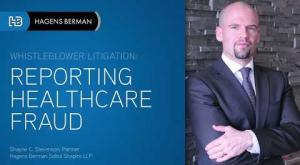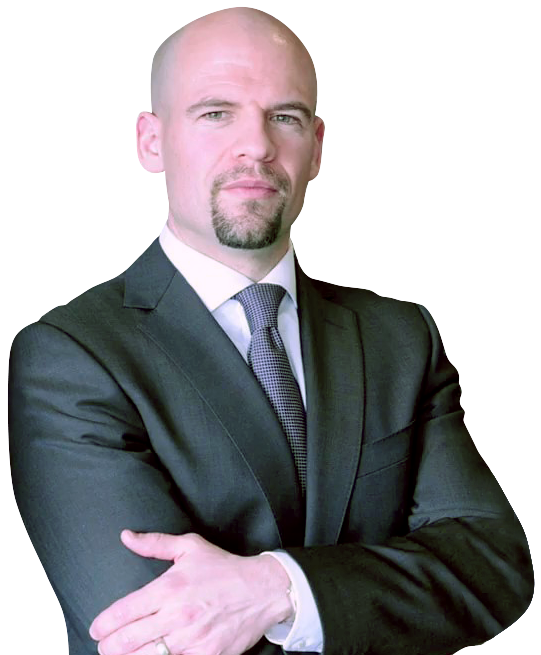Medicaid fraud whistleblowers have led to billions in recovered funds from the fraudulent activity of leading pharmaceutical companies, device manufacturers and medical providers.
WHAT IS MEDICAID FRAUD?
Medicaid fraud comes in a variety of forms, and whistleblowers are uniquely able to report these acts under the protection of federal and state whistleblower programs:
- pharmaceutical and medical device companies marketing products unlawfully through off-label promotion for unapproved or unsafe use under Medicaid
- payments that violate the Anti-Kickback Statute or Stark Law
- Medicaid plans unlawfully providing false risk-adjustment or other data regarding patient-members
- health care providers unlawfully billing through upcoding, improper unbundling, or billing for services not provided or medically unnecessary
- fraudulent billing of Medicaid by health care providers for services that are not provided or that are not necessary and proper
If you are aware of Medicaid fraud and would like to discuss your potential whistleblower claim, contact us for a review of your case. Hagens Berman works on a contingency basis, which means there is no cost to you unless the government issues a reward.
Medicaid whistleblowers can receive up to 30% of the government's recovery.
- MORE ABOUT THE FALSE CLAIMS ACT
-
ABOUT THE FALSE CLAIMS ACT
- False Claims Act Explained
- Types of False Claims Act Fraud
- Rewards for False Claims Act Whistleblowers
- Protection for False Claims Act Whistleblowers
FREQUENTLY ASKED QUESTIONS
- Frequently Asked Questions
- What is Qui Tam?
- What is a False Claims Act Whistleblower?
- Who Can File a False Claims Act Whistleblower Case?
- Do I Need a Lawyer To Become a Whistleblower?
- Can a Whistleblower be Sued for Filing a False Claims Act Claim?
- What if the Government Refuses to Pursue a Whistleblower Lawsuit?
- What is the Statute of Limitations for Whistleblowers’ False Claims Act Claims?
- What State and Local False Claims Act Laws Exist for Whistleblowers?
LAWS AND STATUTES







